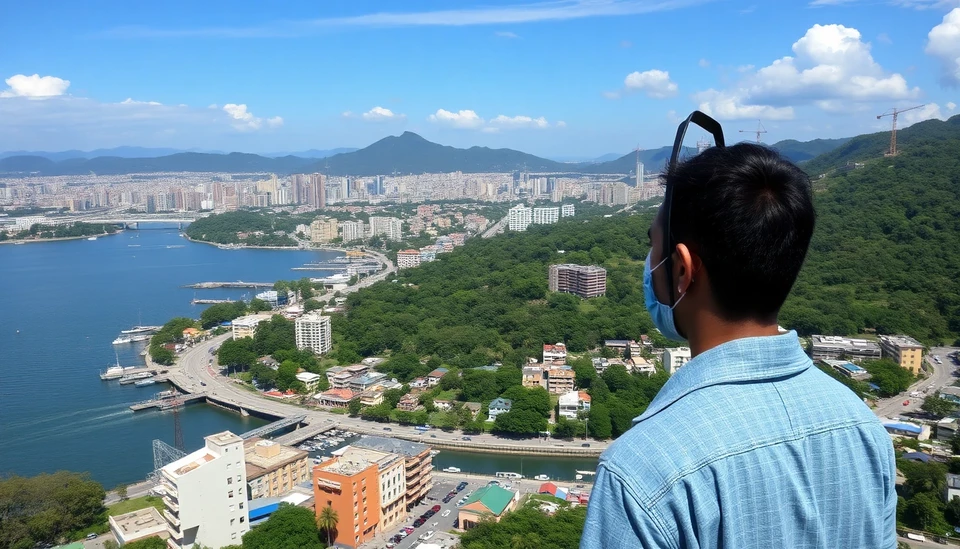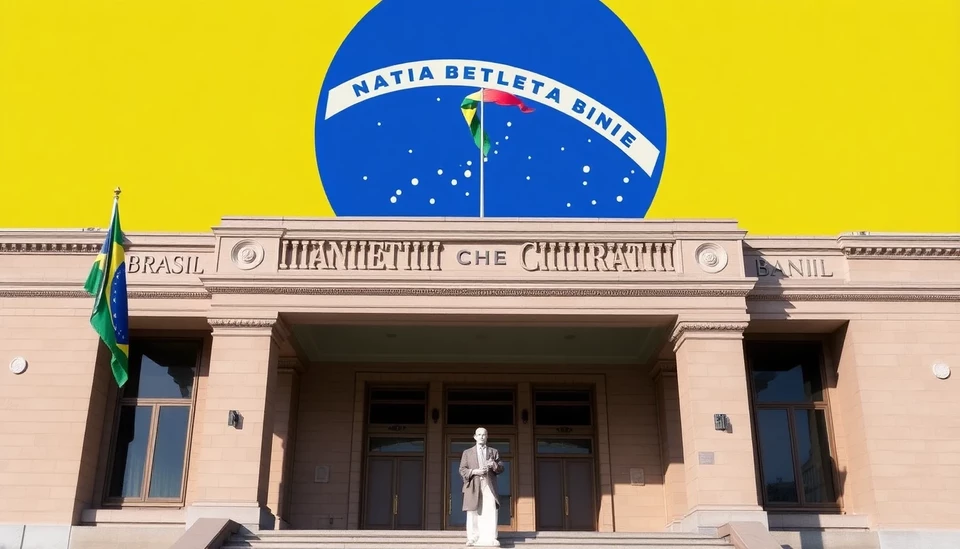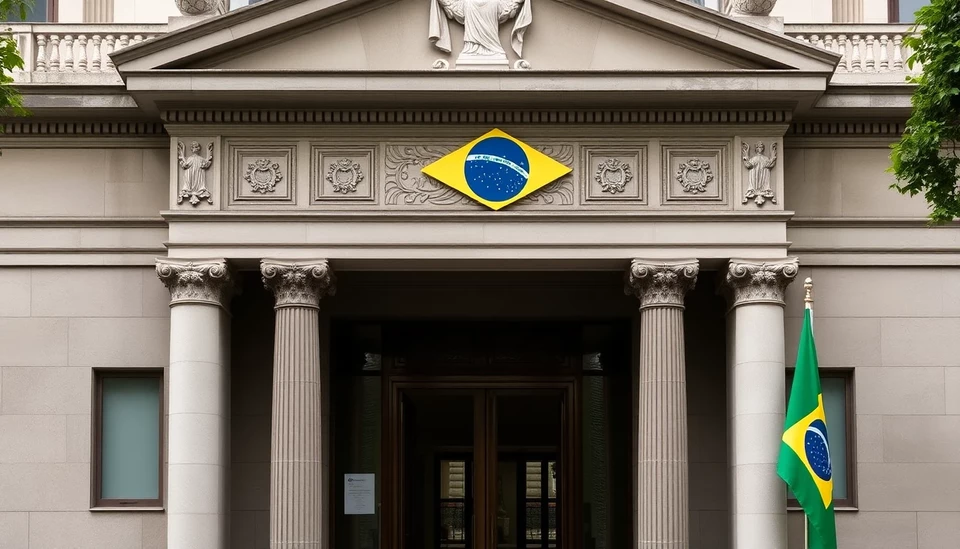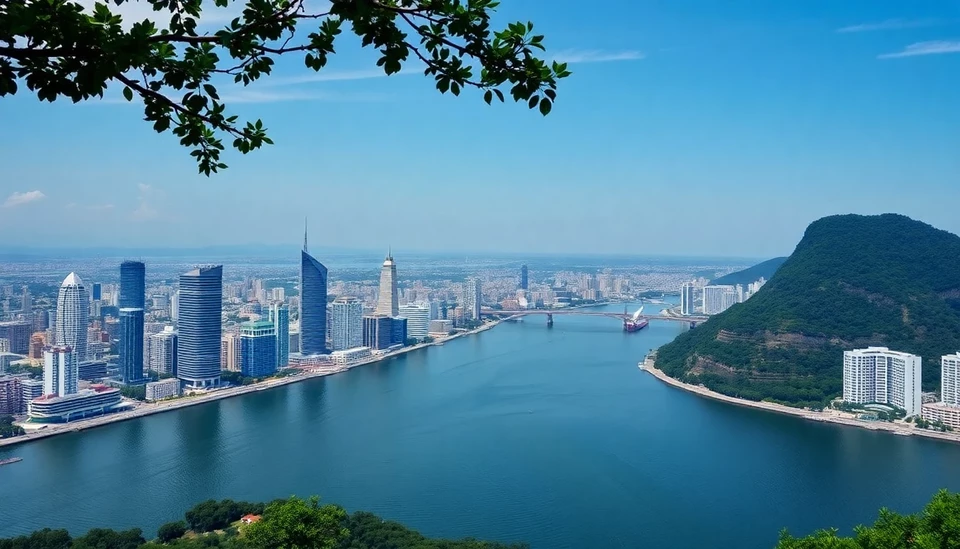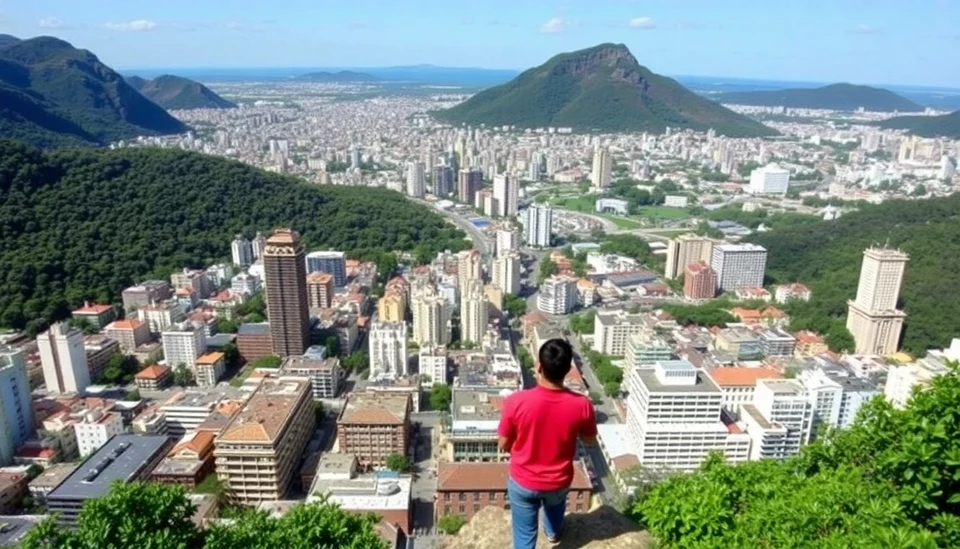
Recent analysis of the economic stature of Brazil has seen market experts express doubt over the nation's newly enhanced credit rating. It would appear that investors are not convinced about the country's journey on the economic front in the wake of this upgrade, reflecting greater uncertainties lingering about fiscal policies and economic stability in the country.
The upgrade by one of the leading credit rating agencies is meant to indicate a better position of Brazil vis-а-vis managing debt and providing a spur to economic growth. At any rate, international investors are staying aloof suspicious of unknown risks which may upset the optimistic forecast. Market participants say that though the rating change looks positive on paper, the real problems which have been ailing the Brazilian economy remain basically unsolved.
Observers said neither the extravaganza in social spending nor ambitious economic reforms, nor even post-pandemic recovery plans, had managed to dispel investor doubts. The promise of fiscal discipline and reduction of national debt on the part of the Brazilian government was taken skeptically in light of previous failures to do so on a sustainable basis.
Furthermore, political instability in Brazil adds another huge layer of uncertainty, deterring investors from engaging in the market. Corruption, constant administrative changes, and civil unrest drive the volatility of a market environment that is not conducive to investment, despite changes in improved credit ratings.
There is also growing unease regarding the global economic slowdown and its possible impact on Brazil. If international demand falters, export-driven economies like Brazil raise a set of challenges that translate into financial risk for investors.
But with improved ratings, overall avoidance by investors to deal with Brazil reflects a general sense of apprehension toward unpredictable investment atmospheres. The long-term investor confidence in economic policies and structural reforms of Brazil remains tentative at best, pending tangible progress in domestic governance and economic measures.
The paradox of the upgraded rating and the hesitant investor engagement shows how complex it is for Brazil in seeking to reassure global markets of economic resilience and viability.
For now, there is the hard task of bridging the gap between optimism from the rating agencies and skepticism among investors, a task that requires concrete economic achievements and political stability to be undertaken by the leadership of Brazil.
It remains to be seen if Brazil can balance the twin tasks of economic reform and fiscal prudence in rewinning investors' confidence in the country's future.
#BrazilEconomy #CreditRating #InvestorSentiment #EconomicStability #FiscalPolicy #PoliticalUncertainty #GlobalMarkets
Author: Laura Mitchell
